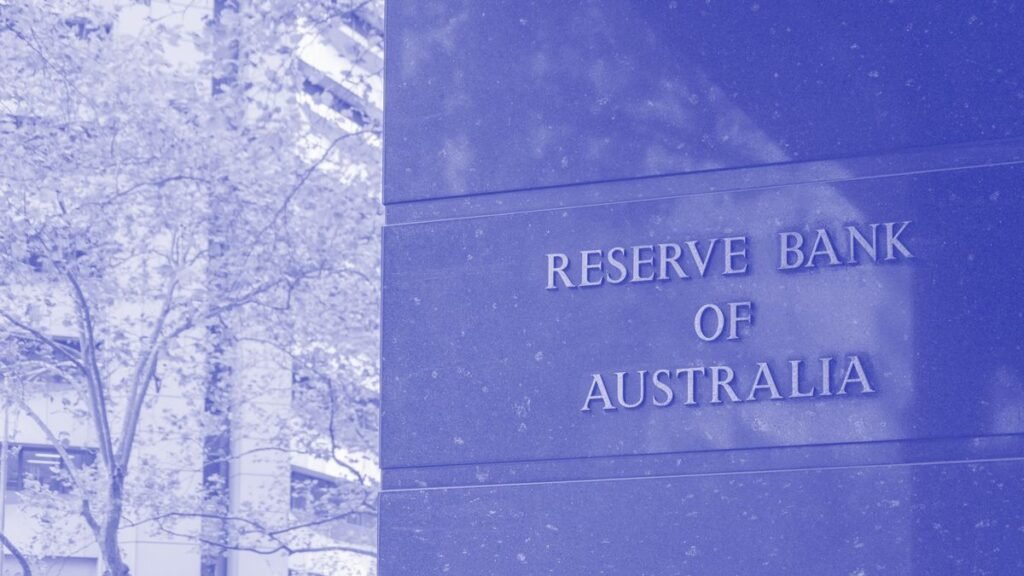The Reserve Bank is entering an increasingly fraught domain with the next phase of testing digital currencies, taking an open-minded, and likely prudent, approach.
While the US is piling into cryptocurrencies and stablecoins — with more than a taint of boosterism and insider plays — global standard-setter the Bank for International Settlements (BIS) has taken a vastly more cautious view. The BIS warns stablecoins lack key characteristics of real money and may pose systemic risk.
And when it comes to crypto, the BIS says: forget about it.
Over the weekend, Bank of England governor Andrew Bailey joined the debate, warning large banks not to issue stablecoins — contrary to the Trump administration’s new (very stable) GENIUS Act, which promotes them. A Trump-affiliated stablecoin already has a US$2.2 billion ($3.4 billion) market cap, according to Bloomberg.
Bailey told The Times he “would much rather” banks offer digital versions of traditional money — tokenised deposits — rather than stablecoins. He said stablecoins could drain money from the banking system, leaving fewer funds available for lending.


